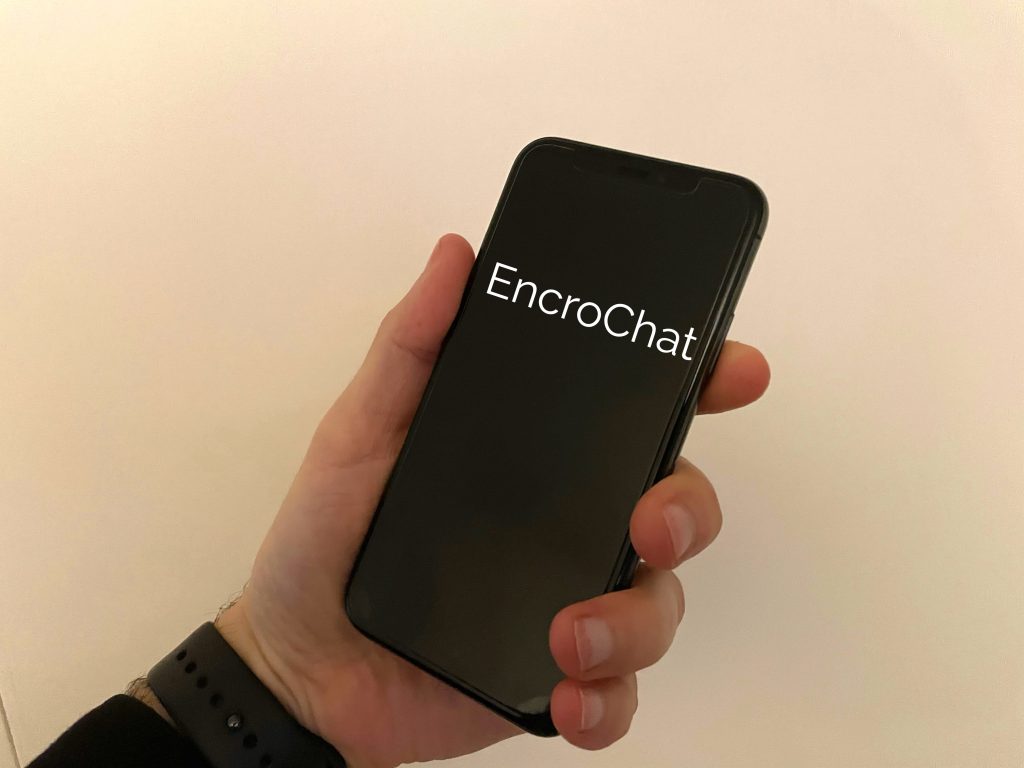EncroChat was a Europe-based encrypted communications service that gained notoriety for its widespread use among organized criminals. It provided modified smartphones—often referred to as “Encro Phones that allowed users to send encrypted messages, make secure voice calls, and store private notes. These devices featured a dummy Android home screen to disguise their true purpose and included a “panic button” to quickly erase all data in case of emergency. EncroChat operated by routing communications through servers in France, aiming to offer anonymity and security to its subscribers.
The service was primarily marketed to individuals seeking secure communication, but it became widely adopted by criminals involved in drug trafficking, money laundering, and other illicit activities. At its peak, EncroChat had approximately 60,000 subscribers, with reports indicating that 90% of its users were involved in criminal enterprises.

In 2020, law enforcement agencies from France, the Netherlands, and the UK infiltrated the EncroChat network. They deployed malware onto the service’s servers, allowing them to intercept messages before they were sent and capture lock screen passwords. This operation, known as “Operation Venetic” in the UK, led to the arrest of over 6,500 individuals and the seizure of nearly €900 million in illicit funds and assets.
The EncroChat case has raised significant legal and ethical questions regarding privacy, data interception, and the use of encrypted communications in criminal investigations. While authorities hailed the operation as a major success in combating organized crime, defence lawyers have challenged the admissibility of evidence obtained through the hack, arguing that it violated legal procedures and individual rights.
©2025 Moxham Quinn All Rights Reserved.